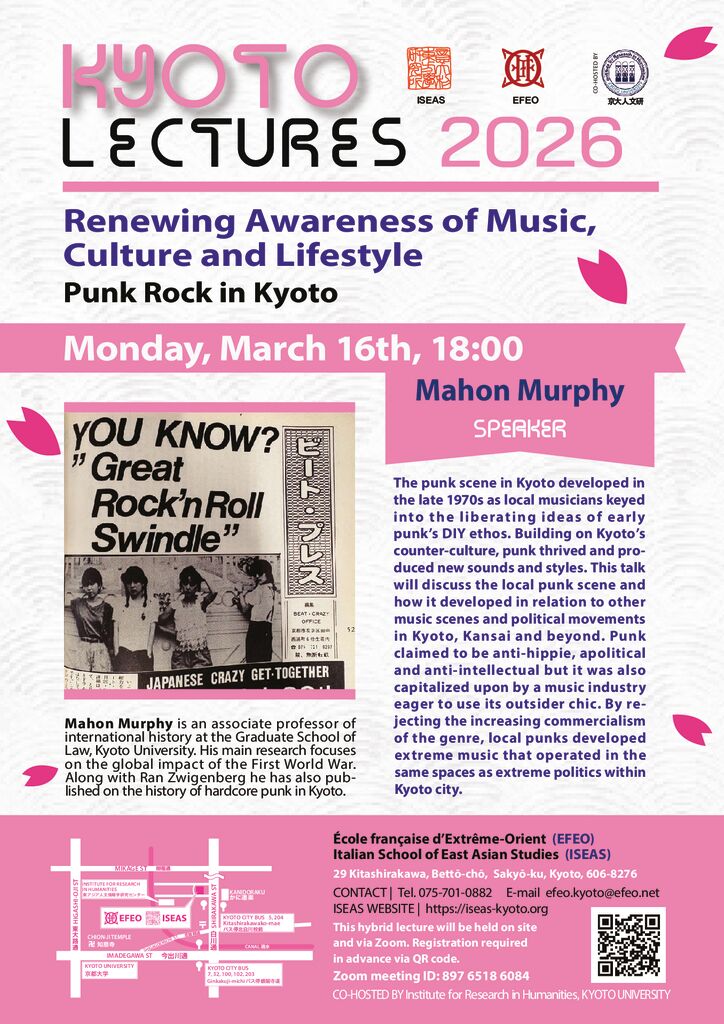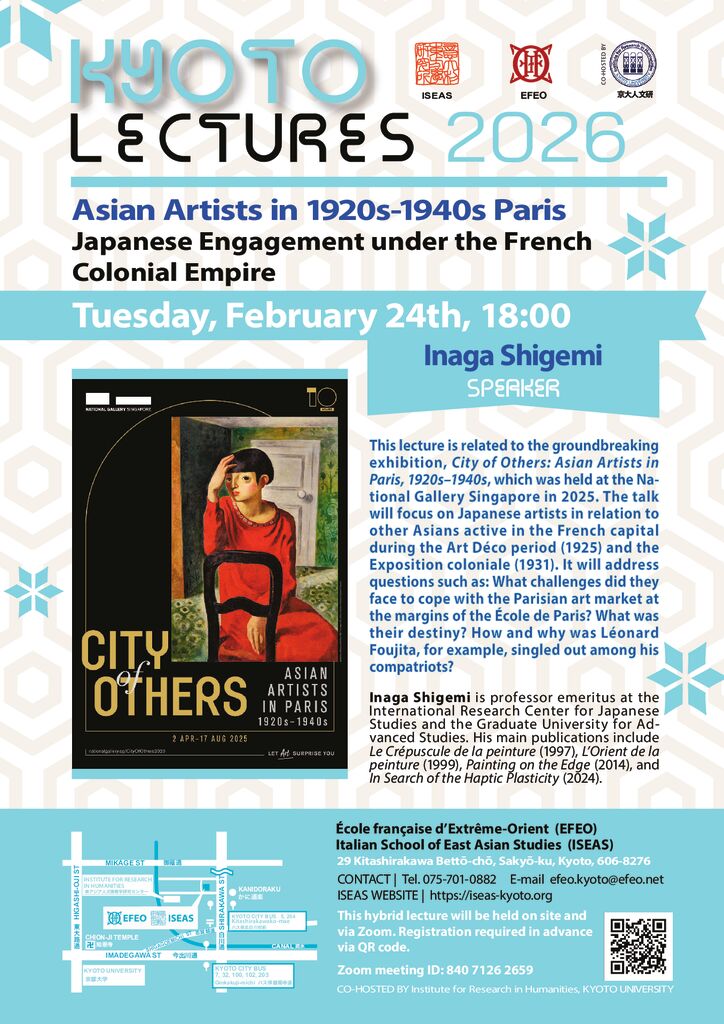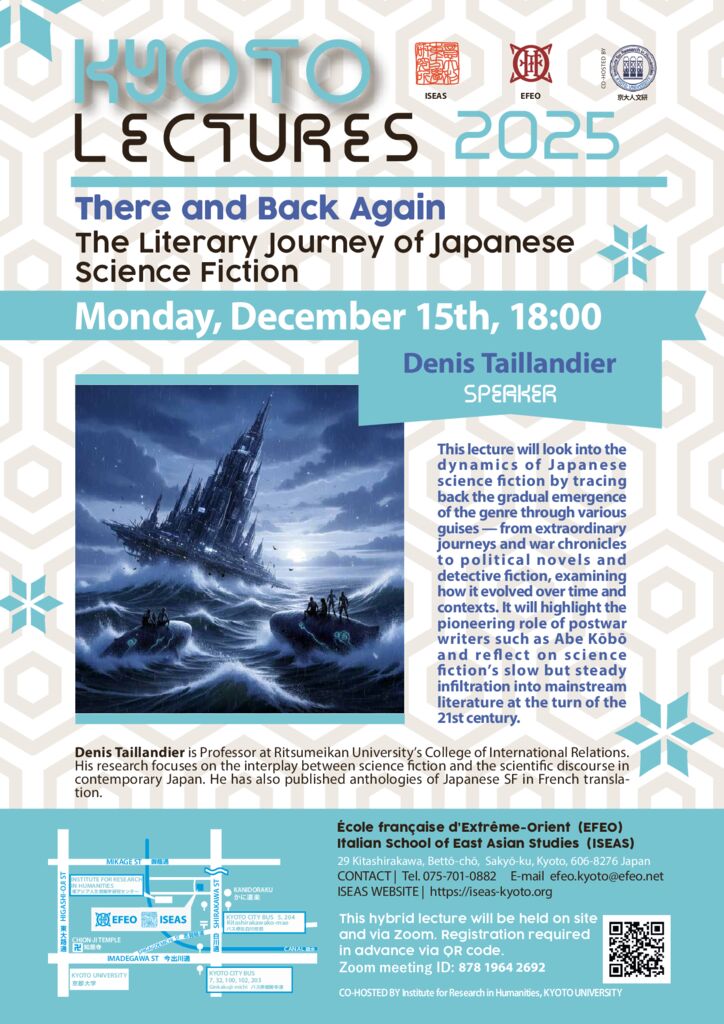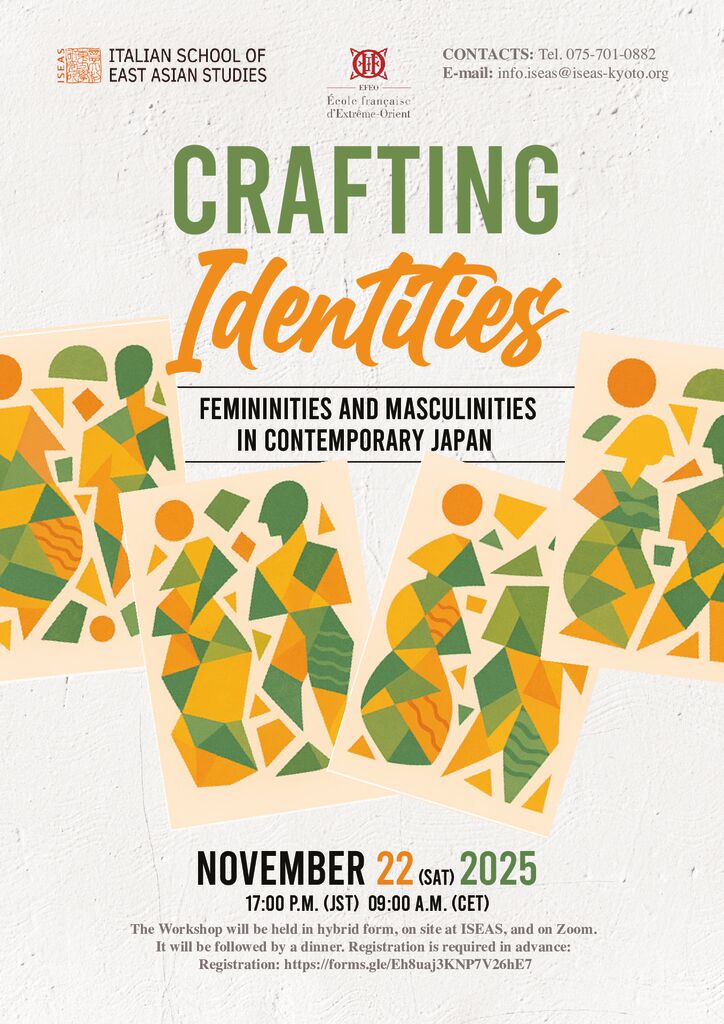22 November, 2025 17:00-19:00(JST) 9:00-11:00(CET)
Concept
In Japan, gender has always been more than a fixed category. Especially in modern and contemporary contexts, it emerges as a dynamic site of negotiation, transformation, and commodification. The ways in which femininities and masculinities are shaped through labor, media, institutions, and everyday interactions reveal an ongoing process of identity construction that moves beyond rigid binaries.
This symposium brings together scholars whose work explores how gendered selves are (re)crafted across diverse spheres, from sacred ritual to organized crime, from digital platforms to global activism, and from fictional representations to lived experience. Together, these perspectives illustrate how gender in Japan continues to be performed, contested, and commodified across time and space. By engaging scholars from gender studies, anthropology, sociology, cultural studies, and Japanese studies, this event aims to foster critical discussion on the diverse ways femininities and masculinities are being reshaped in response to social, technological, and political change, revealing the multiplicity of paths through which individuals and communities create, inhabit, and transform gendered identities.
Program
17:00
Opening Address
Gianluigi Benedetti (Ambassador of Italy in Japan)
Giorgio Amitrano (University of Naples L’Orientale, ISEAS Scientific Committee)
Greetings
Silvana De Maio (Director of the Italian Cultural Institute, Tokyo)
Andrea De Antoni (Kyoto University, ISEAS Research Coordinator)
Chair
Marta Fanasca (University of Bologna)
17:15
Carmen Sapunaru Tamas (University of Hyogo)
“Not Discrimination but Separation”: Women and Matsuri in Contemporary Japan
17:30
Martina Baradel (Nagoya University)
“I was Always Treated like a Man”: Women in Japanese Organised Crime
17:45
Maiko Kodaka (Sophia University)
From Performed Desire to Precarious Encounters
18:00
James Welker (Kanagawa University)
Leaving Home to Find Lesbian Selves: Overseas Travel and the (Re)Crafting of Lesbian Identities in 1970s Japan
18:15
Letizia Guarini (Hosei University)
Does Japan Have No Future? Compulsory Allosexuality and Asexual Experiences in Sobakasu (2022)
18:30
Discussion
18:55-19:00
Concluding remarks
This hybrid Workshop will be held on site and via Zoom
Registration is required in advance by November 21st. Please register here.
Venue: ISEAS, 29 Kitashirakawa Bettō-chō, Sakyō-ku, Kyoto 606-8276




